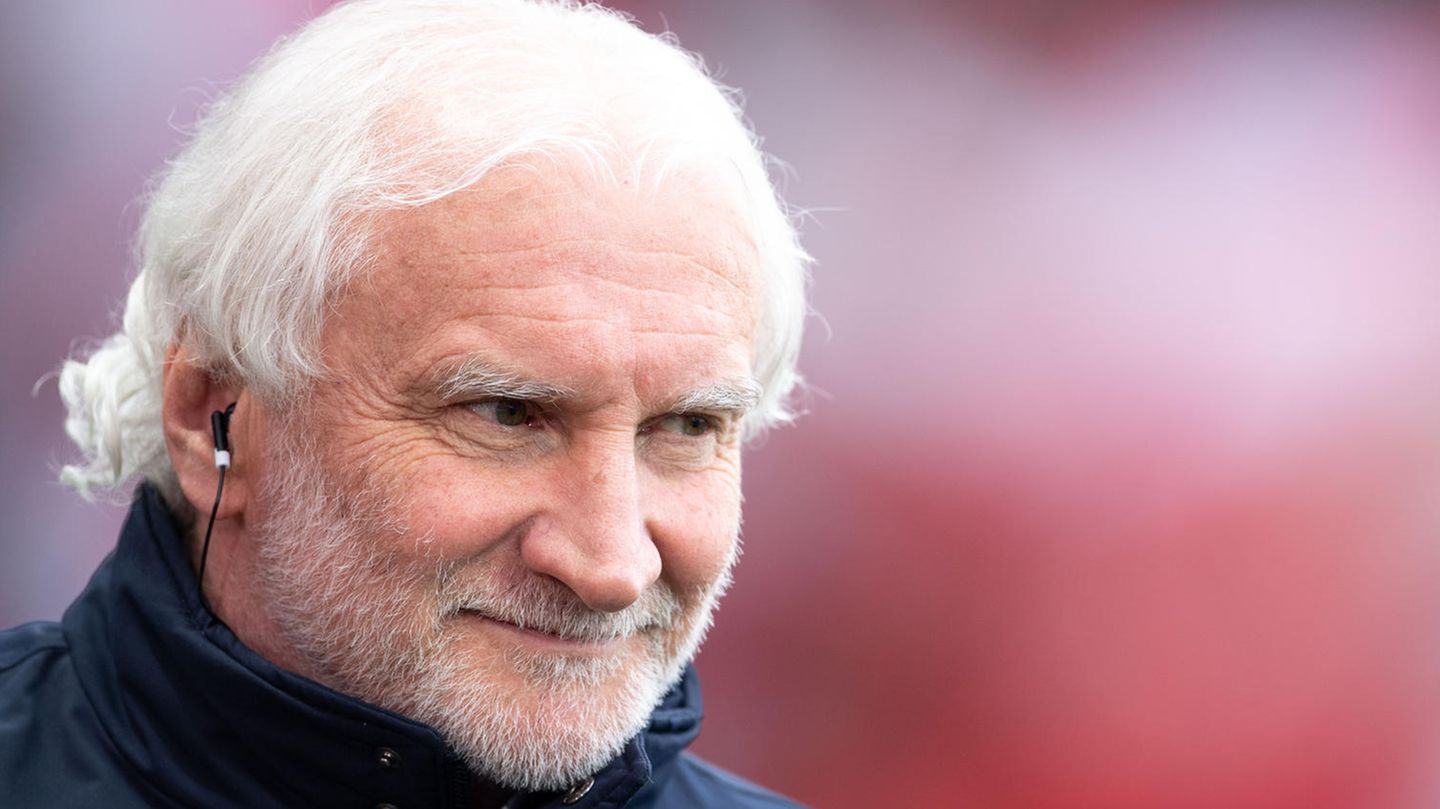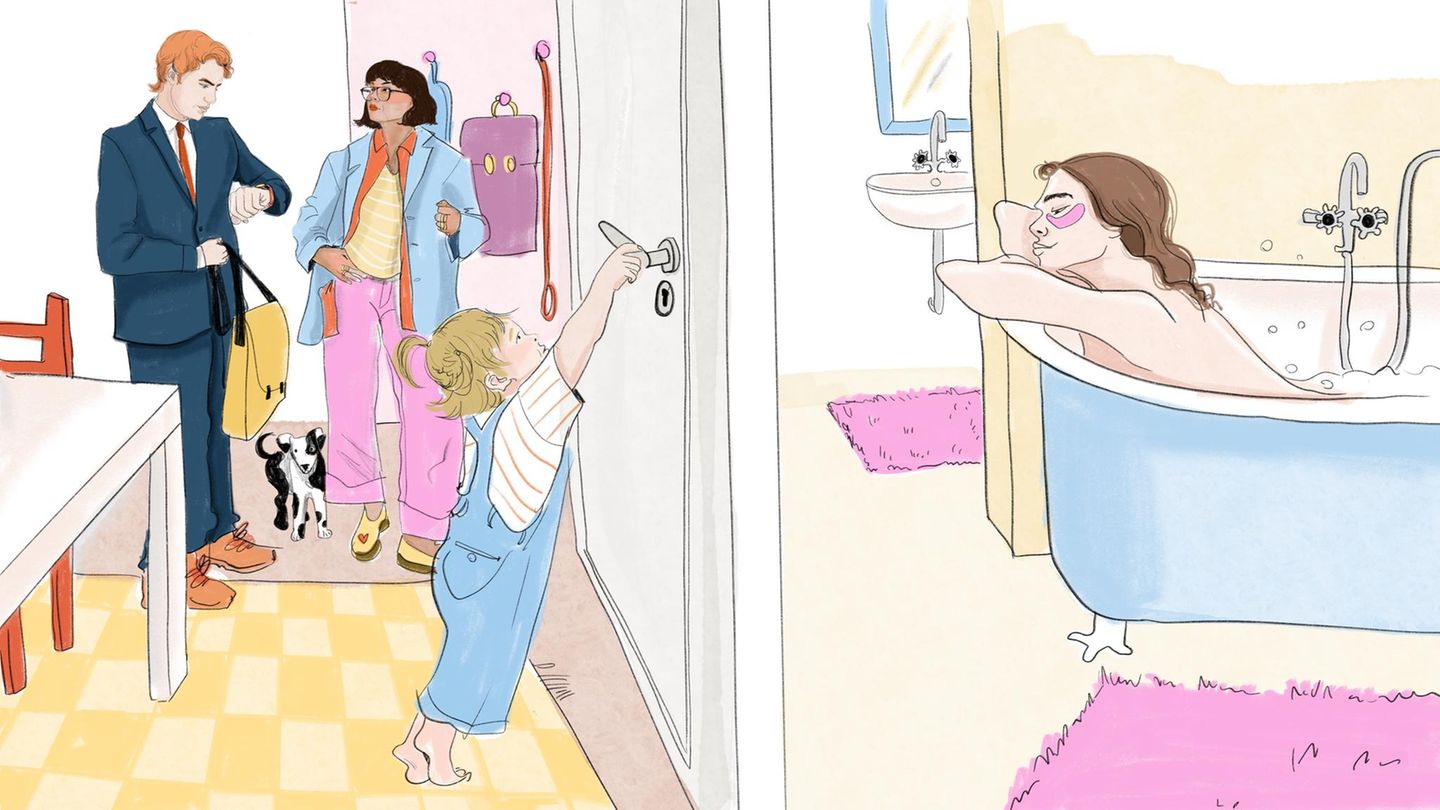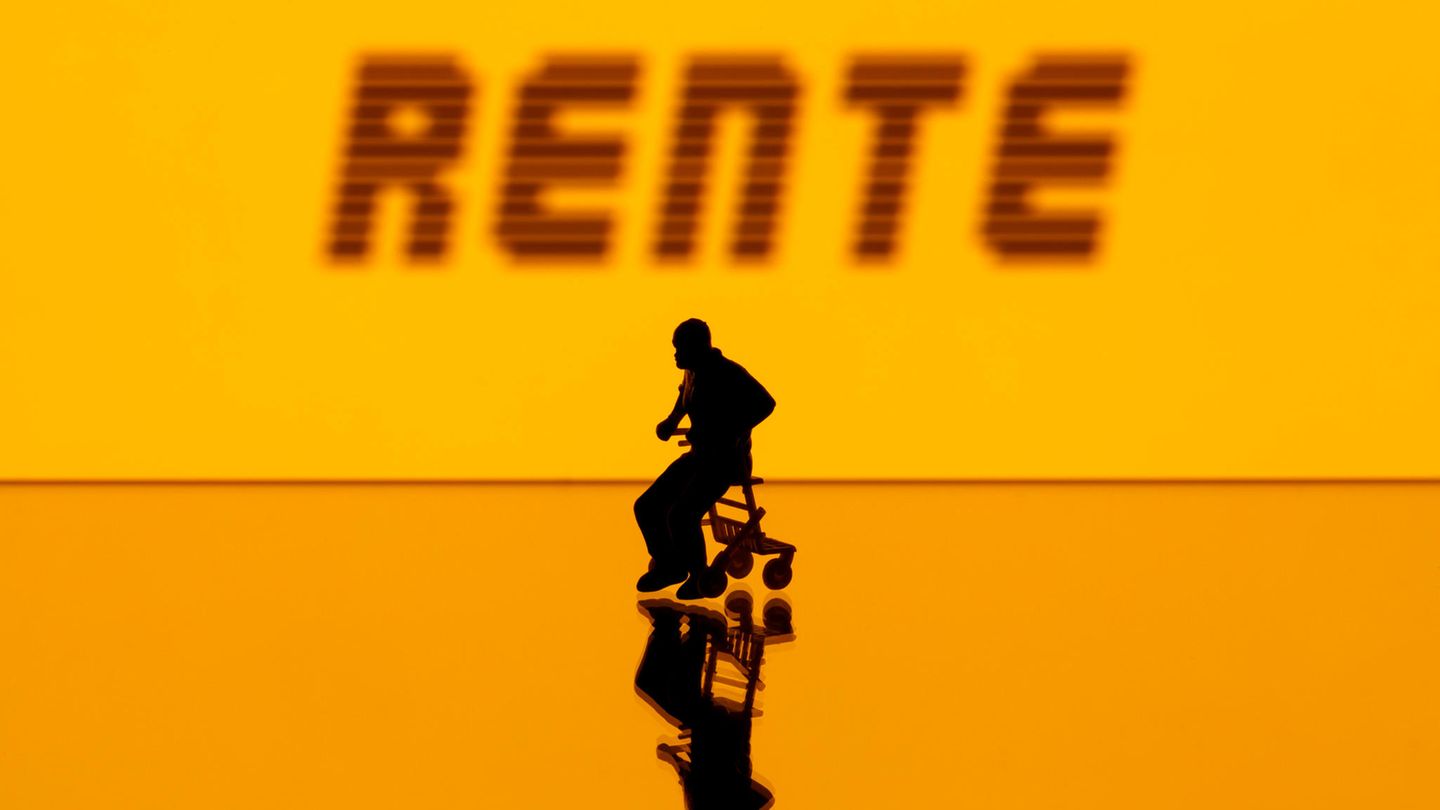opinion
The 62-year-old world champion from 1990 will be the new sporting director at the DFB. Officially, he is merely the successor to Oliver Bierhoff. But Völler also has to take over tasks from national coach Hansi Flick and association president Bernd Neuendorf so that the home European Championship 2024 will be a success.
At the beginning of the 2000s, when his curls were a bit more magnificent and thicker on his shoulders, when he was called Aunt Käthe, precisely because of the hair that looked like a botched perm, Rudi Völler said: “As far as my hairstyle is concerned, I am Realist.”
A sentence for eternity. Also: When has someone from the vain football industry ever talked about themselves like that? Today, quite a few players have their hairdressers flown to the training camp, and even a coach like Freiburg’s Christian Streich thinks that’s okay: “These are young guys. They’re happy when they look good.”
The DFB team should move closer to the fans again
Rudi Völler never wanted to look good, as a player he was a digger in the penalty area, and later, after the end of his career, he was offered top positions, such as the job as team manager of the national team and later the position as managing director at Bayer Leverkusen. He didn’t reach for it himself. And Völler, 62, also had to be persuaded to accept his new position. According to the will of the task force of the German Football Association (DFB), Völler becomes the association’s new sports director; the confirmation by the supervisory board of the DFB is only a matter of form. Völler succeeds Oliver Bierhoff, whose hair has always been spotless, but who was responsible for three unsuccessful tournaments in a row. At the 2018 and 2022 World Cups, the DFB team was eliminated after the group stage, and at the 2021 European Championship it was over after a 0-2 draw against England in the round of 16.
So now Voller. His appointment is to be interpreted as a reflection of the 18-year Bierhoff era. Völler should be everything that Bierhoff was not: approachable, courageous, pragmatic, uninhibited. There is a lot that needs to be repaired in the national team, and the DFB has now recognized this with a considerable delay. Völler, world champion in 1990, the Ruuudi of the curve, should bring the team closer to the so-called base again. Get off the pedestal that Bierhoff put it on after winning the 2014 World Cup. In economic terms, Bierhoff’s strategy of staging the men’s national team as a premium brand was a great success. This must not be ignored when evaluating his work. The team brings in a mid-double-digit million amount every year and not only subsidizes amateur sports and junior teams, but also the women’s national team.
However, the price for the glossy marketing was too high. The team alienated itself from those who had previously cheered them on at a breathtaking pace, which was also reflected in the weak TV ratings at the World Cup in Qatar. The players notice that too. “Unfortunately we don’t get the support we need,” complained Kai Havertz during the World Cup.
It won’t be enough just to be Rudi Völler
Rudi Völler has little time to mend the relationship with the fans. In 2024 Germany will host the European Championship; it should be a football festival that the whole continent looks at. This is what the DFB wants. Völler is confident that he will be able to lift the mood in the country. He is the rare type of footballer that everyone likes, a man without enemies, who used to be sung about in the stadiums with the grammatically adventurous line “There is only one Rudi Völler”.
Völler’s bad luck is that just being a Rudi Völler won’t be enough. He must also be half Flick and half Neuendorf in the future. He has to work away everything that the others left behind.
Communication and diplomacy are not the strengths of the DFB, which with seven million members is the largest national sports association in the world. This became abundantly clear at the World Cup in Qatar: DFB President Bernd Neuendorf completely underestimated the power of the debate about the so-called rainbow tie; staying in Doha did not feel how much the mood at home had turned against the national team. She was accused of cowardice and cowardice in front of the world association Fifa (“Shame on you!”, BILD), some commentators even called for withdrawal from the tournament. Neuendorf’s half-hearted attempts at moderation fizzled out, the players had to feel betrayed because nobody stood in front of them, and the Critics were not mollified either.
The team has been increasingly losing credit since 2018
National coach Hansi Flick, as the tournament in Qatar showed, is not the communicator and people-catcher that the DFB saw in him when he was signed in August 2021. Flick likes to talk about football, he prefers to remain silent about everything else off the field. At a World Cup as politically charged as that on the Arabian Peninsula, that was a serious problem; and with a view to the EM 2024, it will not be enough to just talk about a back four and double six. The team has been losing more and more credit in the country since 2018, many just don’t care.
Rudi Völler now has to save everything quickly, single-handedly. After all, he is familiar with so-called suicide missions: In 2000, men’s football was on the ground; the national team coached by Sir Erich Ribbeck was eliminated from the European Championships as the group from last. Völler took over and led the team to the World Cup final against Brazil just two years later. Now the man with the unkempt hair should conjure up the next resurrection.
Source: Stern
I have been working in the news industry for over 6 years, first as a reporter and now as an editor. I have covered politics extensively, and my work has appeared in major newspapers and online news outlets around the world. In addition to my writing, I also contribute regularly to 24 Hours World.




